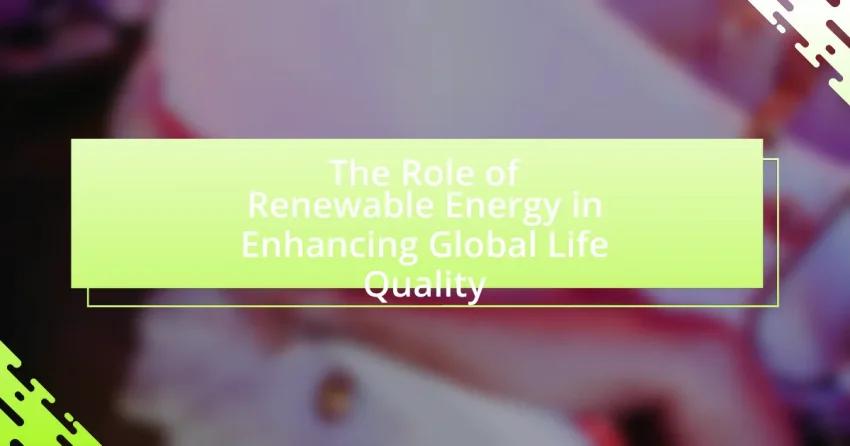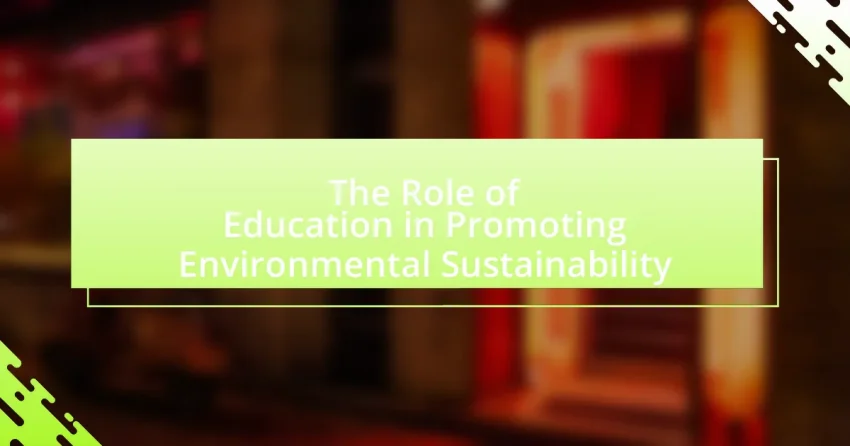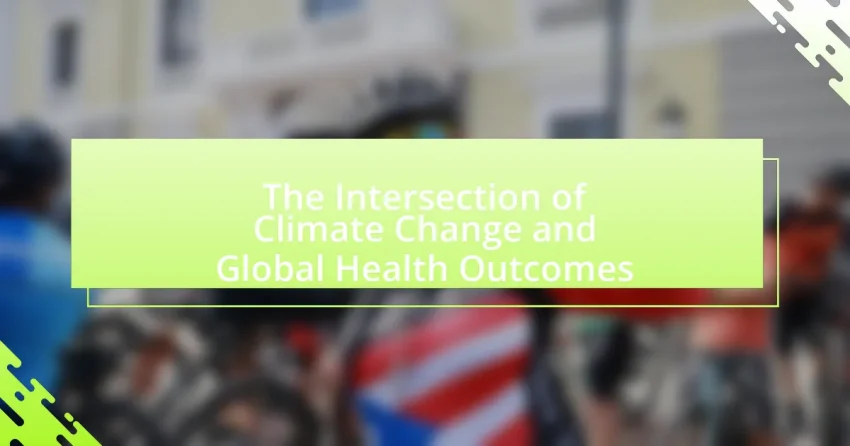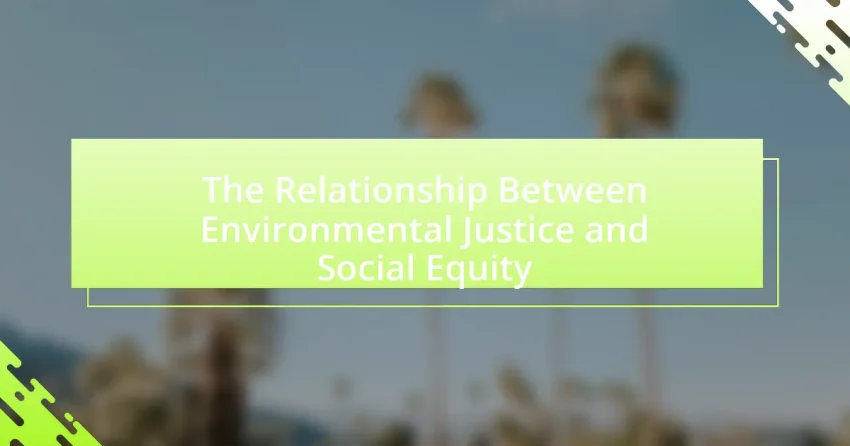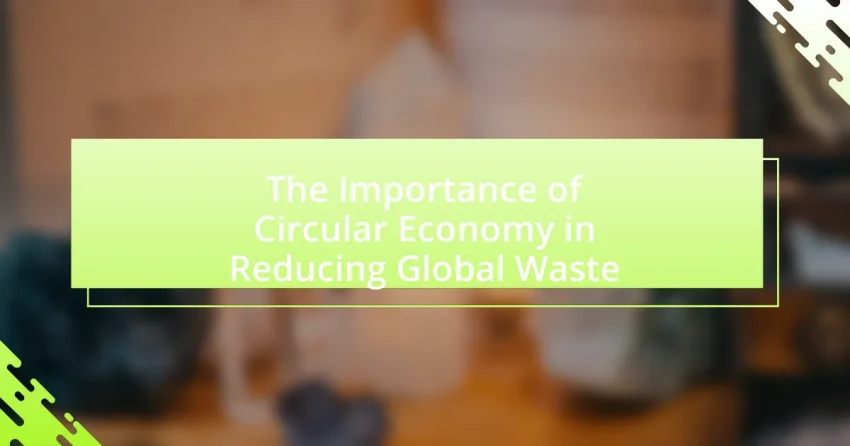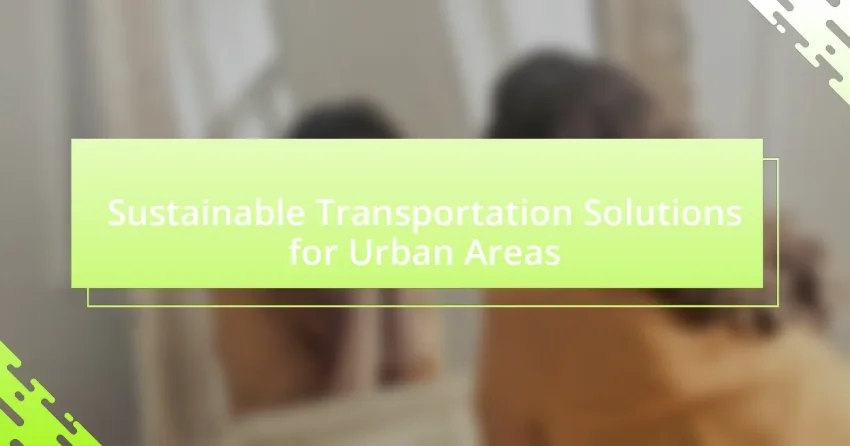The article focuses on the role of technology in advancing sustainable practices globally. It highlights how technological innovations, such as renewable energy systems, smart agriculture, and waste management solutions, contribute to efficient resource management, waste reduction, and environmental conservation. Key technologies discussed include smart grids, precision farming, and energy-efficient appliances, which collectively enhance sustainability efforts…
Environmental Sustainability
Welcome to the “Environmental Sustainability” category! Here, you will explore a wide range of articles dedicated to understanding and promoting sustainable practices. You will find insights on how individuals, communities, and businesses can reduce their environmental impact. Topics include renewable energy, waste reduction, conservation efforts, and eco-friendly lifestyle choices.
Each article is designed to inform and inspire action. You’ll discover innovative solutions to pressing environmental challenges. From practical tips on reducing plastic use to in-depth analyses of climate policies, there’s something for everyone. Join us in learning how small changes can lead to a healthier planet for future generations. Dive in and start your journey toward a more sustainable world today!
Water Conservation Techniques and Their Effects on Community Well-Being
Water conservation techniques are essential methods aimed at reducing water usage and enhancing efficiency, including practices such as rainwater harvesting, xeriscaping, and the installation of low-flow fixtures. These techniques not only promote sustainable water management but also significantly impact community well-being by ensuring access to clean water, improving public health, and fostering economic stability. The…
The Role of Renewable Energy in Enhancing Global Life Quality
Renewable energy is a vital component in enhancing global life quality by providing sustainable and clean energy sources that mitigate pollution and combat climate change. The article explores how renewable energy, including solar, wind, and hydropower, improves public health by reducing air pollution, fosters economic growth through job creation, and supports environmental sustainability. It also…
Urban Green Spaces and Their Impact on Mental Health
Urban green spaces, including parks, gardens, and green roofs, are vital components of urban environments that provide significant ecological and psychological benefits. These areas enhance mental health by reducing stress, anxiety, and depression while promoting physical activity and social interaction. The article explores the various forms of urban green spaces, their design and maintenance, and…
The Role of Education in Promoting Environmental Sustainability
The article focuses on the critical role of education in promoting environmental sustainability. It outlines how education equips individuals with the knowledge and skills necessary to understand and address environmental issues, leading to increased awareness and responsible behaviors. Key strategies for fostering environmental consciousness include experiential learning, interdisciplinary approaches, and community engagement. The article also…
The Intersection of Climate Change and Global Health Outcomes
The article examines the critical intersection of climate change and global health outcomes, highlighting the significant impacts of climate change on public health, including increased morbidity and mortality rates. It discusses how climate change contributes to the spread of infectious diseases, exacerbates respiratory and cardiovascular conditions, and leads to food and water insecurity, with the…
The Relationship Between Environmental Justice and Social Equity
The article examines the relationship between environmental justice and social equity, highlighting their interconnectedness in addressing the fair distribution of environmental benefits and burdens, particularly for marginalized communities. It outlines how environmental justice seeks to prevent disproportionate negative impacts from environmental hazards on disadvantaged groups, while social equity emphasizes fairness in access to resources and…
The Importance of Circular Economy in Reducing Global Waste
The Circular Economy is an economic model designed to minimize waste and maximize resource efficiency through practices such as reuse, recycling, and regeneration of materials. This approach contrasts with the traditional linear economy, which generates excessive waste through a ‘take-make-dispose’ model. Key principles of the Circular Economy include designing products for longevity, maintaining product value,…
Sustainable Transportation Solutions for Urban Areas
Sustainable transportation solutions for urban areas encompass a range of initiatives aimed at reducing environmental impact and enhancing urban livability. Key components include public transit systems, cycling infrastructure, pedestrian-friendly designs, and electric vehicle initiatives, all of which contribute to lower greenhouse gas emissions and improved air quality. The article explores how these solutions differ from…
The Effect of Air Quality on Life Expectancy in Different Countries
The article examines the critical relationship between air quality and life expectancy across different countries. It highlights how poor air quality, characterized by pollutants such as particulate matter and nitrogen dioxide, correlates with reduced life spans and increased mortality rates from respiratory and cardiovascular diseases. The article discusses specific pollutants, their health impacts, and the…


